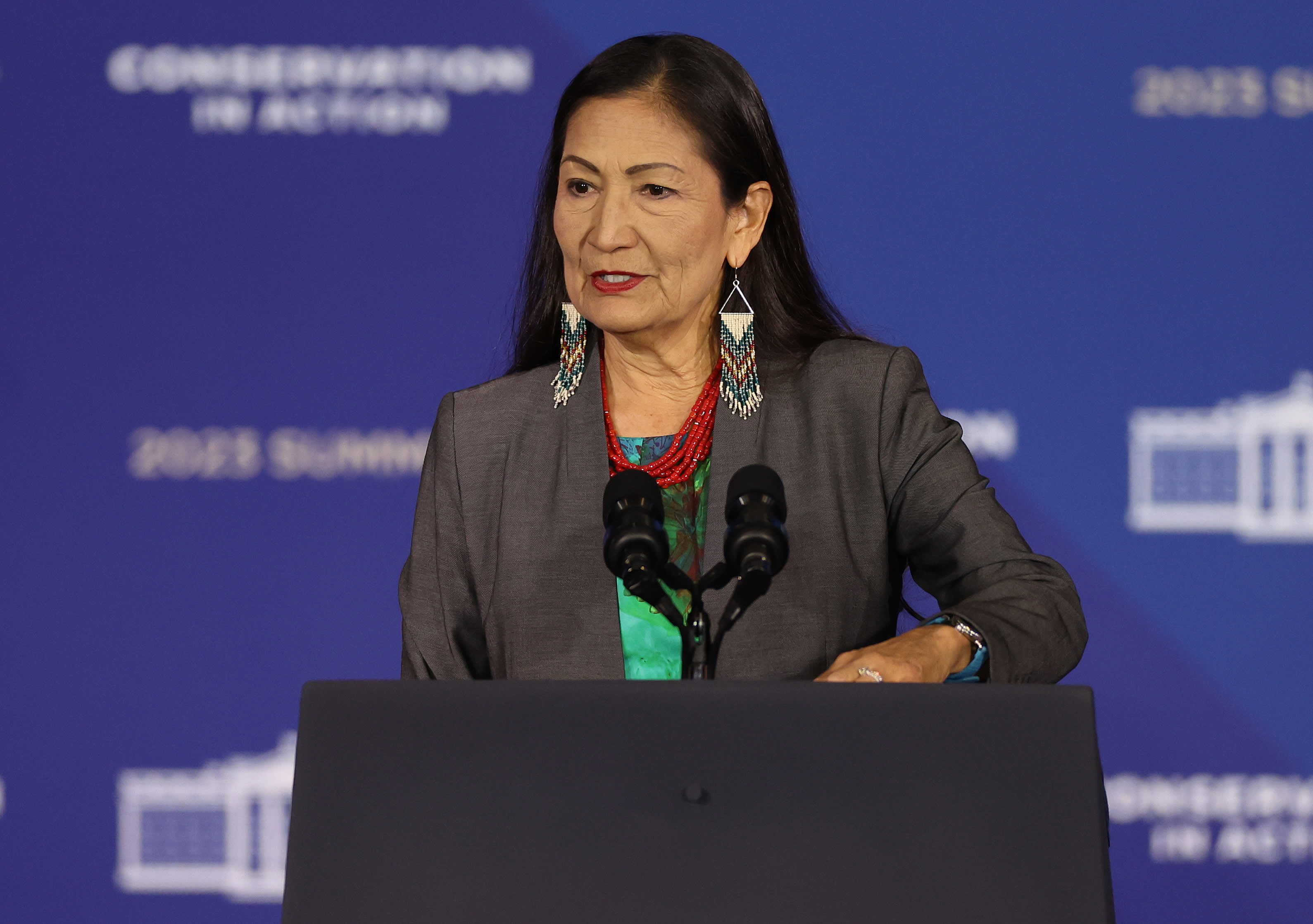Until moments before his execution last week, Troy Davis maintained he was innocent of murdering a police officer. In fact, doubts about his guilt had been growing for years as seven eyewitnesses recanted or changed their testimony, some of them saying they could no longer trust their memories.
Did their memories change?
Maybe.
Most people think their memory is pretty accurate, trusting what they see and recording what happened just like a video camera. But psychologist Dr. Elizabeth Loftus, an expert on human memory and professor at the University of California, Irvine, would disagree.
“The trust is memory is malleable, we take information in but over the course of life, distort, alter or transform that information or memory,” said Dr. Loftus. And that’s why so many pictures line the walls of Roosevelt University’s gage gallery.
These are all individuals who served time in prison for crimes they didn’t commit. They were wrongfully convicted and then exonerated, often because of somebody’s faulty memory. “When it comes to somebody’s freedom, very precise memory matters,” Said Dr. Loftus about the problem with eye-witness testimony.
But the most imprecise memories are of traumatic situations: shocking and frightening events are not the most easy to remember. “Not the way things work, when it comes to a highly stressful event, the memory can be impaired,” said Dr. Loftus. She said that memory is further muddied because humans want to feel good about themselves and their actions. “We remember that we gave more to charity than we really did, or voted in elections we didn’t or our grades were better than they actually where…”
Local
In one experience, researchers persuaded people that their family members had described an incident in which the subject was lost as a child on a family shopping trip. Although it never happened, a significant number of people soon started “remember” details of a fake incident.
“Through the power of suggestion, you can plant these very rich whole memories,” said Dr. Loftus. It’s why the memory doctor has a practical prescription for those silly fights when you’re sure someone else remembers it wrong.
“We should probably be more accepting of someone else’s memory different than ours, don’t call them a liar.” Roosevelt University’s The Innocents: Headshots exhibit will be on display in the Gage Gallery through October 31st.



